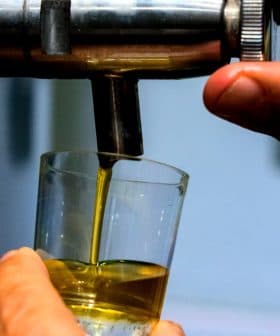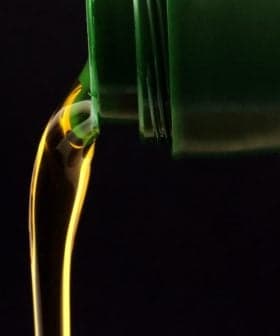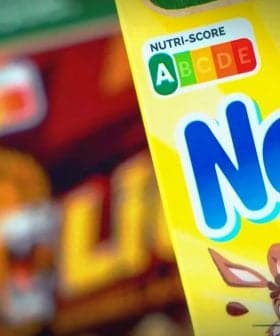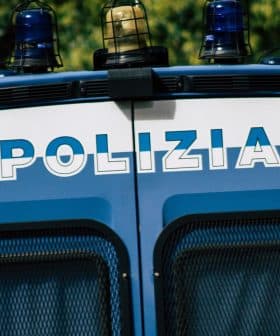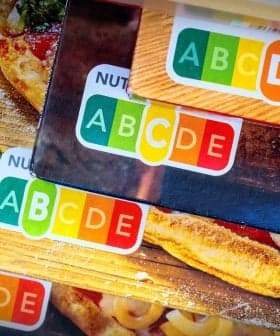Brazil Reveals Widespread Olive Oil Fraud
Brazil's Ministry of Agriculture, Livestock and Farming reported that sixty-four percent of olive oil analyzed in the last two years did not meet the quality standards required by their labeling.
 Brazilian Secretary for Agricultural and Livestock, Luis Rangel
Brazilian Secretary for Agricultural and Livestock, Luis RangelAn investigation by Brazil’s Ministry of Agriculture found that 45 out of 140 olive oil brands analyzed in the last two years did not meet the quality required by their labeling, with the highest incidences of fraud occurring in areas with large numbers of packaging companies. The substandard olive oil was seized, fraudsters were reported to the Public Ministry, and a police investigation will be launched, with offenders facing fines of up to $170,000.
An investigation by Brazil’s Ministry of Agriculture, Livestock and Farming’s (MAP) revealed widespread mislabeling of olive oil products being sold in the country where olive oil consumption has risen sharply in recent years.
The MAP report confirmed that 45 brands of olive oil, out of 140 analyzed in the last two years, did not meet the quality required by their labeling.
The highest incidences of olive oil fraud occurred in São Paulo, Paraná, Santa Catarina and the Federal District; areas with large numbers of packaging companies. Fraud was rife among bottlers who import olive oil in bulk, mainly from Argentina.
The investigation exposed companies in Paraná that had marketed “olive oil” which was composed of 85 percent soybean oil and 15 percent lampante oil, a grade not fit for human consumption until it is further refined.
MAP analyzed 322,329 liters of olive oil samples collected from 12 Brazilian states and found 207,579 liters (64 percent) to be substandard. The fraudulent brands included; Astorga, Carrefour, Almeirim and Conde de Torres.
114,750 liters of olive oil from brands deemed to be authentic included Andorinha, Aro, Apolo, Borges, Belo Porto and Carrefour Discount.
The substandard olive oil was seized and the fraudsters were reported to the Public Ministry. A police investigation will be launched, with offenders facing fines of up to $170,000.
Brazil’s clamp down on fake olive oil was stepped up this month. MAP targeted and collected samples from companies that have shown irregularities over the past two years. In the first week of April, 243,000 liters of suspect olive oil were collected for analysis.
According to Luis Rangel, the secretary of agriculture and livestock at Map, the results revealed the efficiency of the authorities in identifying irregularities and their commitment to preventing substandard olive oil from reaching consumers.
The olive oil was analyzed by the National Agricultural and Livestock Laboratories (LANAGRO) of Rio Grande do Sul and Goiás.
The Ministry advised consumers to be suspicious if olive oil was sold at below standard prices and to check labels to see where the product was packaged.
Brazil is still reeling from a meat scandal earlier this year. The “Flesh is weak” investigation revealed that rotting meat was being sold as fit for consumption. The meat was treated with chemicals to mask its odor and improve its appearance.
Officials were accused of taking bribes in return for turning a blind eye to violations and issuing fraudulent sanitary permits and falsified documents. The scandal led to many countries banning imports of meat from Brazil.




